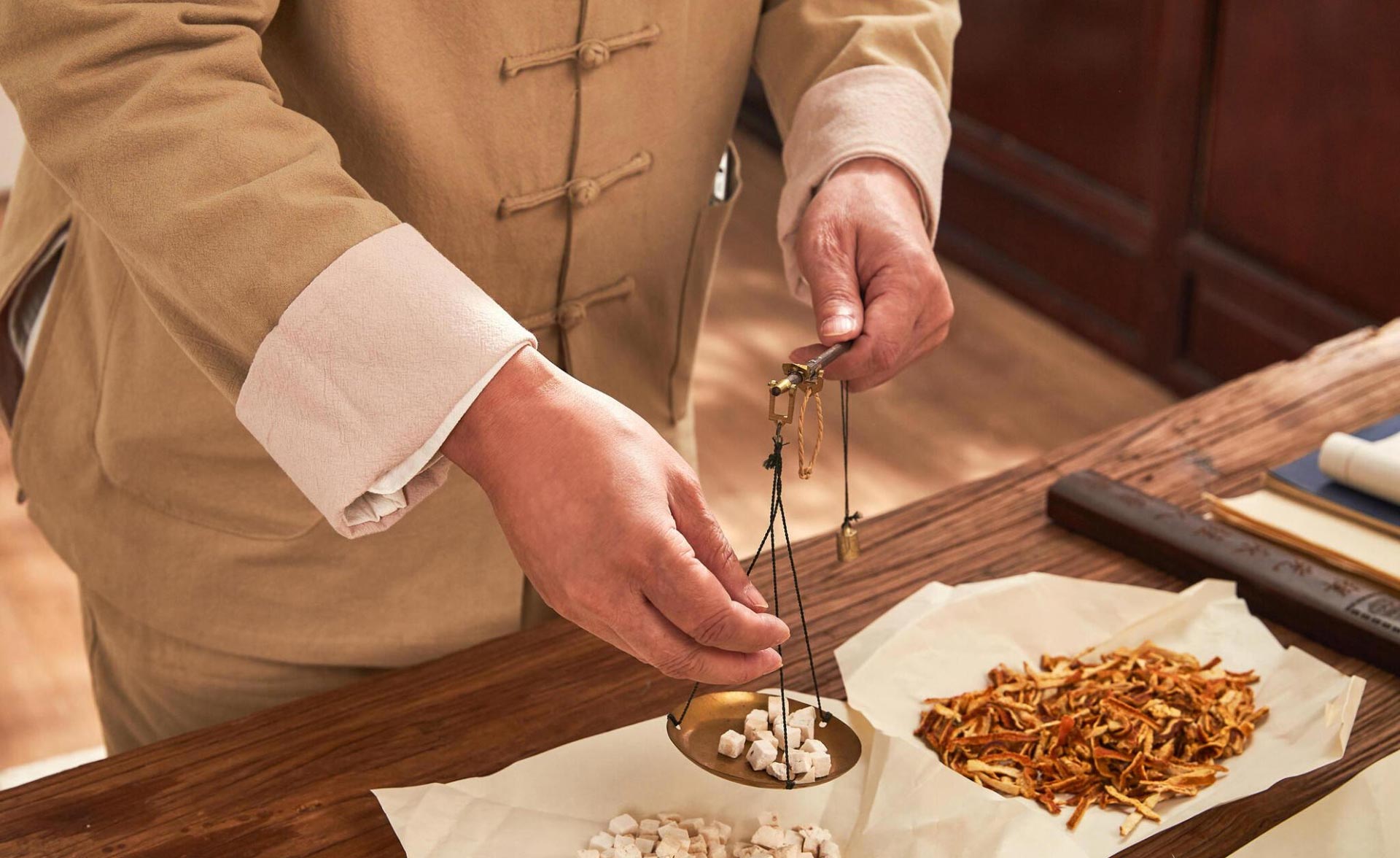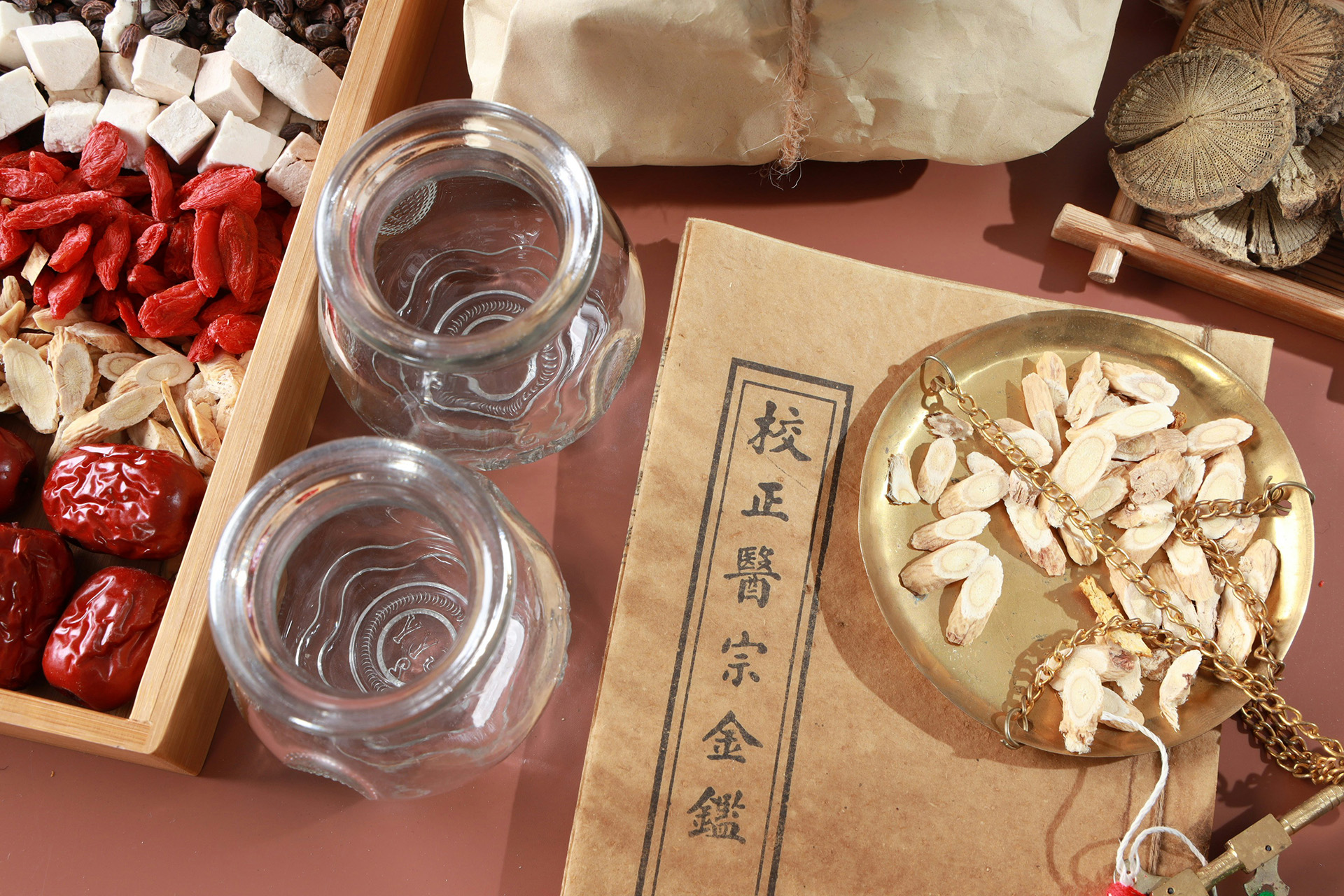Unlock the Secret Power of Confinement Herbs: The Ultimate Guide to Postnatal Recovery CN
Welcoming a new baby is a joyful experience, but the postnatal period is also seen as a critical time for healing and rejuvenation.
In Singapore, Traditional Chinese Medicine (TCM) has long been trusted during confinement, offering natural support to help new mothers regain strength, boost lactation, and improve overall maternal health.
In this article, we’ll explore the essential confinement herbs and how they can aid recovery during this important phase.
Key Takeaways
- Benefits of Confinement Herbs:
Traditional herbs play a vital role in postnatal recovery, helping to restore energy, balance the body, promote healing, and support lactation. - Essential Herbs:
Common herbs such as Dang Gui (Angelica sinensis), Huang Qi (Astragalus membranaceus), and Ren Shen (Panax ginseng) offer various health benefits throughout the maternal recovery period. - Stages of Confinement:
The postpartum period is typically divided into four stages, each requiring specific herbal remedies for detoxification, healing, nourishment, and strengthening. - Herb Usage Precautions:
Proper use of herbs for postnatal care is crucial to maximise benefits and avoid potential harm. Mothers should carefully monitor their symptoms and their baby’s reactions to ensure safety. - Ensuring Quality and Safety:
Choose high-quality postpartum herbs by checking active ingredient levels, harvest conditions, and contaminant testing. Always buy from reputable sources and consult a qualified TCM practitioner for proper guidance.
Benefits of Using Confinement Herbs
During postpartum recovery, the body undergoes significant changes as it heals after childbirth. Confinement herbs can help by:
- Promoting Uterine Recovery:
Helping the uterus contract and return to its normal size after giving birth. - Boosting Energy Levels:
Replenishing qi and blood to restore energy and vitality. - Supporting Lactation:
Encouraging milk production and ensuring a smoother breastfeeding experience through lactation support. - Reducing Postpartum Pain:
Easing muscle and joint discomfort caused by post-labour strain. - Supporting Emotional Well-being:
Balancing hormones to reduce anxiety and promote emotional stability during postnatal care. - Improving Skin and Hair Health:
Nourishing the skin, boosting elasticity, and strengthening hair to address postnatal changes. - Strengthening Immunity:
Enhancing immune function, reducing the risk of infections during post-delivery recovery. - Aiding Digestion:
Improving digestion, preventing constipation, and relieving bloating during the maternal recovery period. - Improving Cognition and Memory:
Sharpening focus and memory, supporting mental clarity throughout postnatal recovery. - Supporting Long-term Health:
Restoring balance in the body to promote lasting vitality and overall wellness
Commonly Used Herbs During Confinement and Their Benefits
| Herb Name | Benefits |
|---|---|
| Dang Gui (Angelica sinensis) | Nourishes blood, regulates menstruation, alleviates pain |
| Huang Qi (Astragalus membranaceus) | Boosts qi, enhances immune function, promotes healing |
| Dang Shen (Codonopsis pilosula) | Strengthens the spleen, boosts energy, aids digestion |
| Goji Berry (Lycium barbarum) | Nourishes the liver, improves vision, boosts immunity |
| Red Date (Ziziphus jujuba) | Nourishes blood, boosts energy, improves sleep |
| Chinese Yam (Dioscorea opposita) | Promotes urination, reduces swelling, strengthens the spleen |
| Fu Ling (Poria cocos) | Nourishes blood, regulates menstruation, alleviates pain |
| Dried Tangerine Peel (Citrus reticulata) | Regulates qi, aids digestion, relieves bloating x |
| Vaccaria Seeds (Vaccaria segetalis) | Promotes lactation, reduces swelling |
The Four Stages of Confinement Recovery
Based on Traditional Chinese Medicine (TCM), the postnatal period is divided into four stages, each designed to support gradual healing after childbirth. Each stage addresses specific needs to ensure full recovery.
Stage 1: Detoxification, Uterus Recovery, and Strength Restoration (Days 1-7)
In the first week, the focus is on detoxifying the body, promoting the discharge of lochia, and supporting uterine recovery. Herbs that improve circulation and reduce swelling are commonly used to help the uterus contract, ease muscle pain, and restore strength.
Stage 2: Strengthening the Spleen and Stomach, Promoting Nutrient Absorption (Days 8-14)
This stage emphasises strengthening the spleen and stomach to enhance nutrient absorption, which is critical for recovery. Healing herbs are used to support digestion and ensure the body is well-nourished, helping to restore energy levels more efficiently.
Stage 3: Replenishing Qi and Blood, Enhancing Immunity (Days 15-21)
During the third week, the body focuses on replenishing qi and blood that were depleted during post-labour. TCM herbs that boost the immune system and restore vitality are applied to strengthen immunity and protect against infections.
Stage 4: Strengthening Muscles and Bones, Enhancing Hair and Skin (Days 22-30)
In the final stage, the focus shifts to strengthening muscles and bones, as well as improving hair and skin health. Traditional herbs that promote strength, flexibility, and enhance hair and skin vitality are used to support complete recovery.
Precautions When Using Confinement Herbs
While confinement herbs offer numerous benefits, it’s important to use them carefully. Here are key precautions to consider:
- Prevent Excessive Uterine Bleeding:
If you’ve had uterotonic treatments or a cesarean, avoid postpartum herbs that strongly contract the uterus, such as Sheng Hua Tang, to prevent excessive bleeding. - Balance Heat Symptoms:
If you have heat symptoms like fever or inflammation, reduce warming herbs for new mothers like Dang Gui and Huang Qi, and balance with cooling remedies like Mai Dong and Yu Zhu. - Observe Your Baby’s Reactions:
Since your diet affects breast milk, monitor your baby for fussiness or heat rash, which may indicate the need to adjust your herb for postnatal care intake. - Tailor Herbs to Your Body’s Needs:
Your body’s constitution and current symptoms should guide your selection of recovery herbs. It’s essential to choose remedies that address your specific needs for optimal results. - Ensuring Herb Quality:
Herb potency depends on factors like harvest timing and processing. Choose natural postpartum remedies that are lab-tested for active ingredients to ensure they deliver effective health benefits. - Prioritising Herb Safety:
Safety is crucial. Ensure herbs for postnatal care are free from contaminants like heavy metals or pesticides by choosing suppliers who adhere to strict safety protocols. - Seek Guidance from a Qualified TCM Practitioner:
As confinement herbs are potent, it’s best to use them under the guidance of a qualified TCM practitioner to ensure proper use and avoid adverse effects
In Conclusion
Confinement herbs are a wonderful support during postpartum recovery, helping new mothers regain strength, boost lactation, and improve overall wellness. Understanding how these traditional herbs work and using them correctly throughout the stages of confinement can make the recovery journey much smoother. However, since every body is unique, it’s important to tailor these herbs for new mothers to your specific needs.
Consulting a qualified TCM practitioner can provide personalised guidance, helping you recover smoothly and embrace motherhood with renewed vitality.








